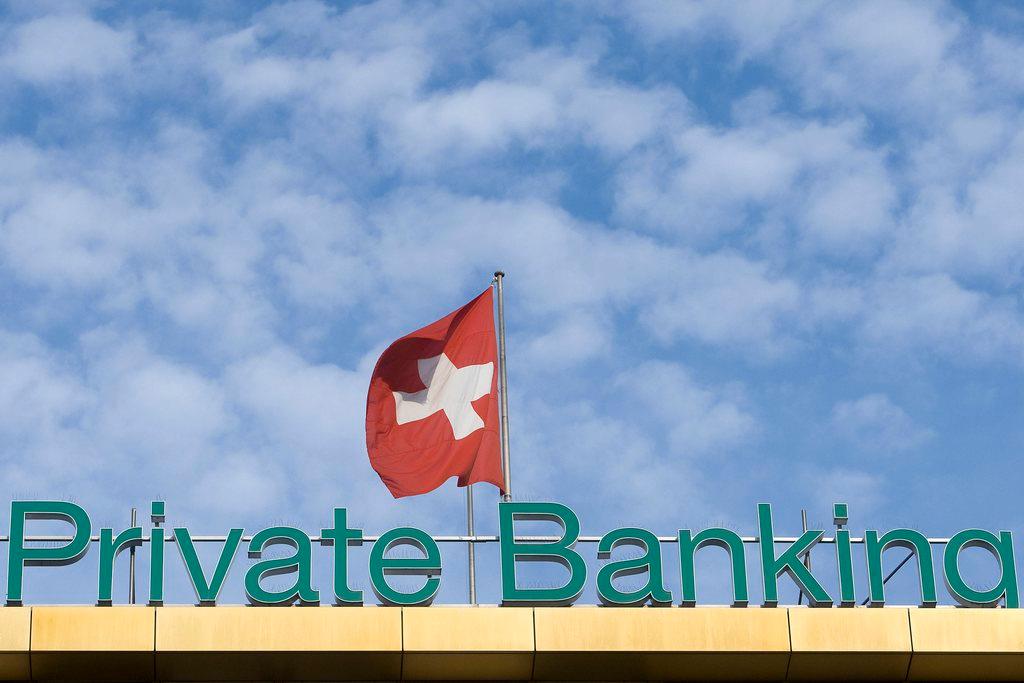Swiss say goodbye to banking secrecy

The international convention on the automatic sharing of banking information entered into force on January 1. This heralds the beginning of the end of the country’s reputation as a tax haven.
The application of the ‘Multilateral Convention on Mutual Administrative Assistance in Tax Matters’ means that Switzerland has come into line with international standards on taxation. Over a hundred other states have already signed-up to the agreement. This will ensure that financial information on bank accounts held by citizens of certain countriesExternal link in Switzerland and vice-versa will be shared annually. Switzerland will begin collecting such data from 2017 onwards and begin sharing it with select countries from 2018.
To prevent losing its status as a global financial hub, Switzerland signed the convention in 2014. The Swiss parliament approved the deal in 2015 and the treaty was ratified in 2016.
Previously Switzerland would only provide banking information if requested by another country with which it had signed a deal to prevent double taxation. Even then cooperation was not guaranteed. The requesting country had to provide evidence of tax evasion by specific persons and could not go “fishing” in the hope banking account data would be handed over.
Another roadblock, which is still in place, is Switzerland’s refusal to cooperate if the evidence of tax evasion is based on “stolen” information. This was the case with the “Swiss Leaks” revelations concerning the Geneva branch of HSBC bank. Attempts by France and India to use the leaked data to get account details from Switzerland were rebuffed.
A new era
Now countries with which Switzerland has signed agreements no longer need to request information on their citizen’s Swiss bank accounts. The data will be handed over automatically once a year. However, this data can only be used for tax collection efforts and cannot be made public.
The first beneficiaries of the Swiss tilt towards banking transparency include mostly rich European countries as well as Australia, Japan, Canada, and South Korea. For developing countries like India, Brazil, Mexico, Argentina and South Africa the process will only begin a year later.
However, poor countries will not be accorded this privilege because they lack the resources to fulfill the conditions for automatic information exchange, i.e. the ability to collect and share information on financial assets of Swiss citizens living in their countries and the guarantee that the information provided by Switzerland will only be used for tax purposes and will remain confidential.

In compliance with the JTI standards
More: SWI swissinfo.ch certified by the Journalism Trust Initiative











You can find an overview of ongoing debates with our journalists here . Please join us!
If you want to start a conversation about a topic raised in this article or want to report factual errors, email us at english@swissinfo.ch.